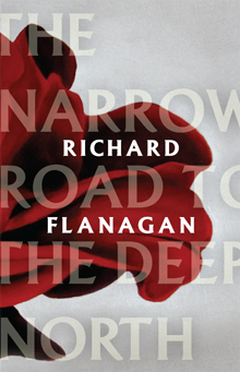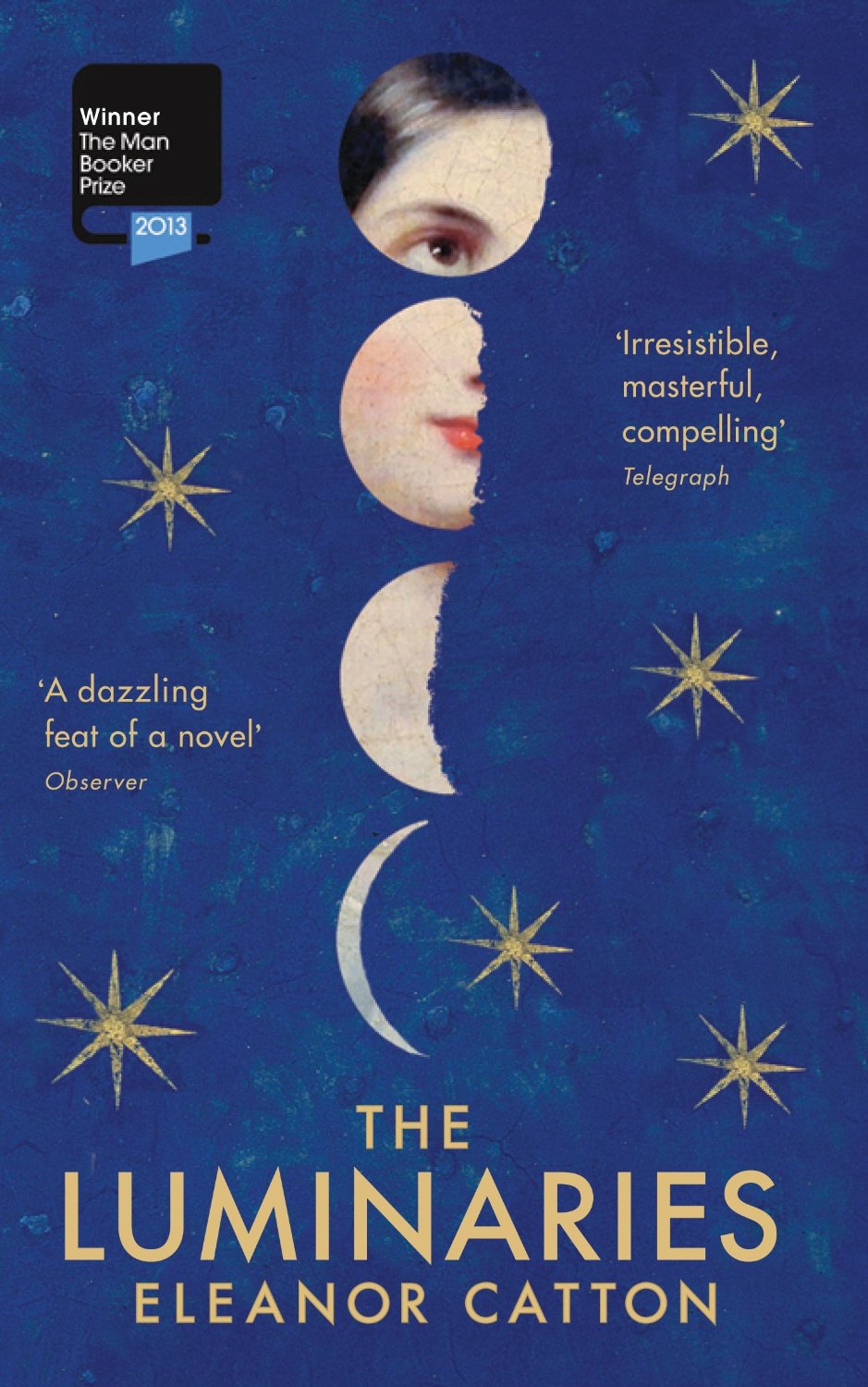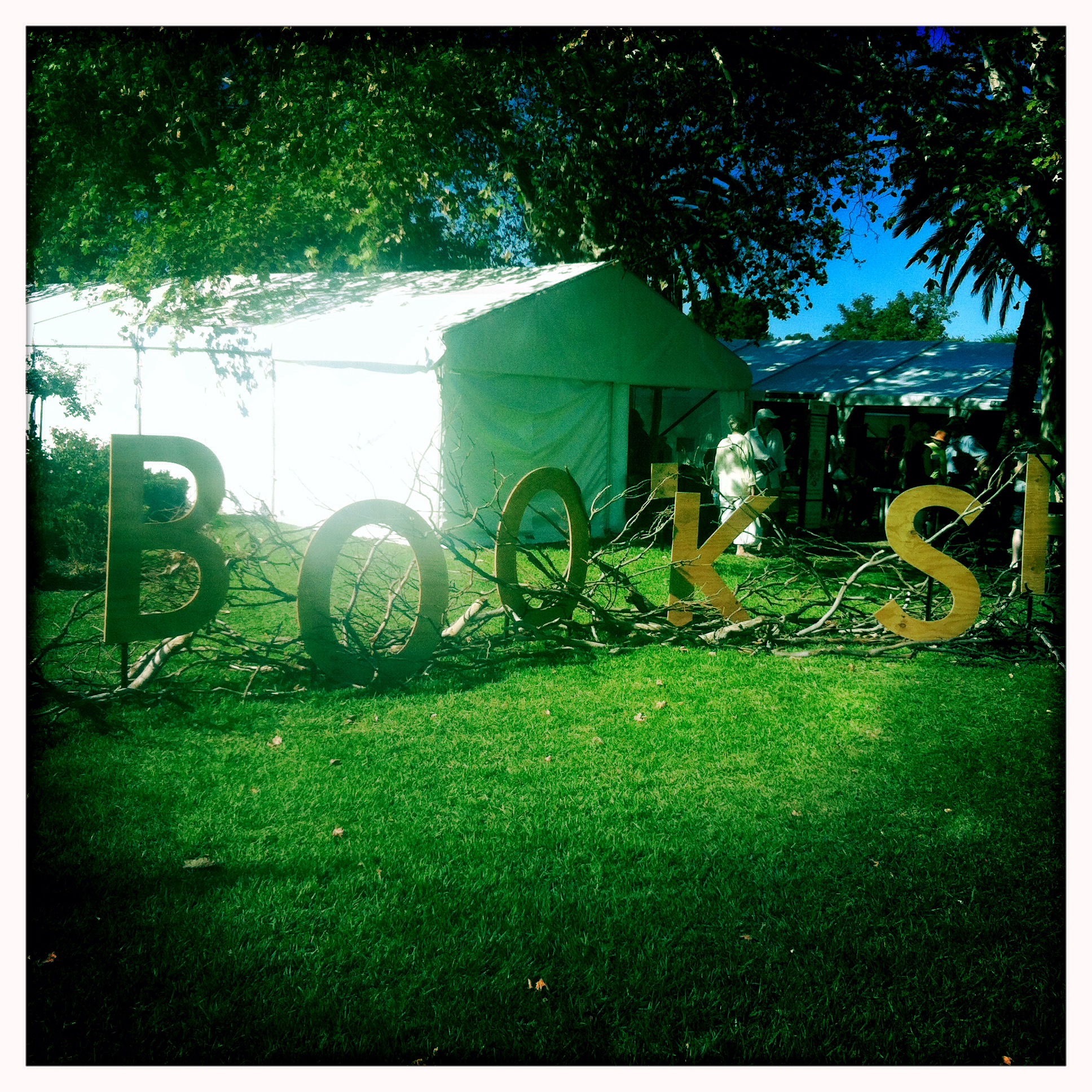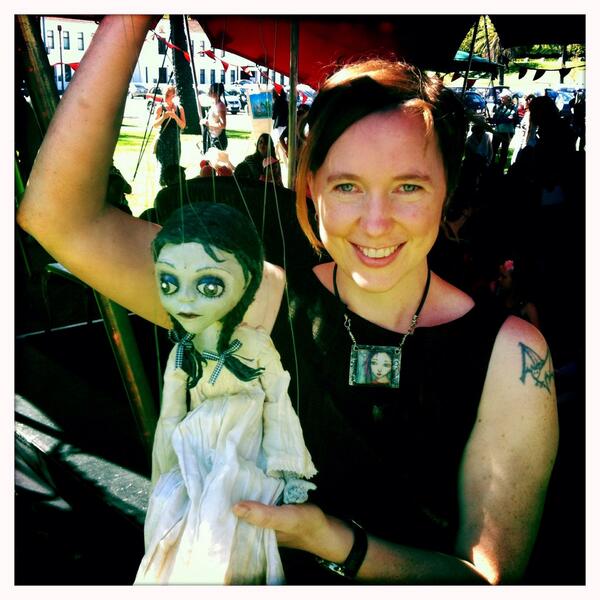ADELAIDE WRITERS’ WEEK, PART 3
Yes, I’m still talking about Adelaide Writers’ Week! It was my first time there and I couldn’t possibly cram everything into one, or even two, posts. And I do want to talk about Richard Flanagan. I was ambivalent about attending his session. I have read and liked Flanagan’s work before but I had little interest in reading yet another war story. That is until I sat down and began listening to Flanagan. He read from The Narrow Road to the Deep North at the request o f interviewer Steven Gale, while insisting that he loathes readings because as a listener he finds his ‘eyes rolling into the back of the head’. But both his readings and the story behind the book moved me profoundly. He was extremely likeable and funny, too. A knock-out combination in the eyes of any festival programmer.
f interviewer Steven Gale, while insisting that he loathes readings because as a listener he finds his ‘eyes rolling into the back of the head’. But both his readings and the story behind the book moved me profoundly. He was extremely likeable and funny, too. A knock-out combination in the eyes of any festival programmer.
Flanagan’s father worked on the Thai–Burma railway, or Death Railway as it was known, and spoke of his experiences to Flanagan as a child. The conditions were unfathomable. Flanagan took 12 years and five different versions to find the right way into the story he wanted to tell. During research for the novel Flanagan visited Japan and interviewed one of the cruellest and most notorious guards at his father’s camp, known as The Lizard. He asked Flanagan to pass on to his father that he ‘was sorry’. When Flanagan did so during a phone conversation, his father fell silent, then hung up. From that moment on he had no memory of his experiences during the war and Flanagan felt that The Lizard’s apology had in some way released his father. Months later the manuscript of The Narrow Road to the Deep North was finished and Flanagan bundled it off to his publisher. That very night his father died. Flanagan considers this more than a coincidence. I don’t recall feeling close to tears at a festival before, but Flanagan took me there.
Read More »ADELAIDE WRITERS’ WEEK, PART 3
Then during question time, an audience member posed a question about asylum seekers, prompted by Flanagan’s piece in the new Saturday Paper (do read it here). Flanagan recounted how The Lizard had explained that they felt no compassion for these skeletal Australian men crawling around in the mud because ‘they didn’t consider them to be human’. In a similar way, we treat asylum seekers as if they are somehow less than human. This is dangerous territory. Like Indigenous Australians who were, until 1967, classified as flora and fauna, or the Jews in Nazi Germany (and any number of other examples), when we lose compassion for our fellow humans we commit terrible crimes. As Flanagan said, ‘It is a wicked poison for society to drink…that says it is good to be cruel.’ At this point in time both sides of politics are justifying their right to be cruel. No humane society should allow it.
While some authors — like Flanagan — shone more than others, the Festival organisers curated, without exception, a bunch of articulate, thoughtful and confident writers (bearing in mind Helen Dunmore’s truism: ‘None of the authors I’ve met are ever as confident as they appear…They are always more vulnerable and uncertain’). In fact, one of the authors I went to see — who is an old hand at festivals and exuded great confidence on stage — apparently threw up before going on, so terrible were this author’s nerves. This is somehow comforting for the rest of us!
Unfortunately the chairs were not as consistent as the authors, ranging from exceptional to pretty ordinary. A good interviewer brings out the best in their panellists so that the session flows and the interchange of ideas opens out. A poor interviewer results in a disjointed and awkward experience that authors must make the best of. Just because an individual is well regarded in the literary community and has an interest in the subject matter or the authors in question does not necessarily mean they have the skill to successfully chair a panel. For me, the two best interviewers at this festival were Steven Gale and Jeff Sparrow. Both were knowledgeable and relaxed in a way that set the authors and the audience (equally as important) at ease. They had notes but they referred to them in an unobtrusive way, rather than reading questions out word for word. (Of course, there were other good interviewers, too, but these two chaired multiple sessions.) Interviewing is a skill that is often underestimated. Except, perhaps, by authors. As Richard Flanagan noted, ‘Authors rise or fall on the strength of their interviewer.’
 There’s still so much I haven’t been able to cover in these posts. New Zealand author and Booker Prize-winner Eleanor Catton was brilliant, managing to display both great intellect and great warmth. She gave us a detailed and fascinating insight into the research and structure of The Luminaries. I simply must read it now.
There’s still so much I haven’t been able to cover in these posts. New Zealand author and Booker Prize-winner Eleanor Catton was brilliant, managing to display both great intellect and great warmth. She gave us a detailed and fascinating insight into the research and structure of The Luminaries. I simply must read it now.
I am a long-time fan of Mandy Sayer’s work and she was both candid and funny during her session about her third memoir, The Poet’s Wife, which details her abusive relationship with Pulitzer Prize-winning American poet Yusef Komunyakaa. That one is also on the list.
Rabih Alameddine and Alison Bechdel were a riotous combination. Alameddine’s story about how he killed his five imaginary friends in a car accident was one of the more bizarre and hilarious stories I’ve heard at a festival. And Jeet Thayil and Christos Tsiolkas were delightful, often disagreeing in the most amenable ways. (And can I just say that the festival wrap-up party was like a Christos fan club. He is just the most genuine and likeable guy and not surprisingly everyone wanted to hang out with him.)
I came away from the festival buzzing, but now it’s time to put on the kettle and relax with my massive pile of festival books. The only question is, which one to start with?



